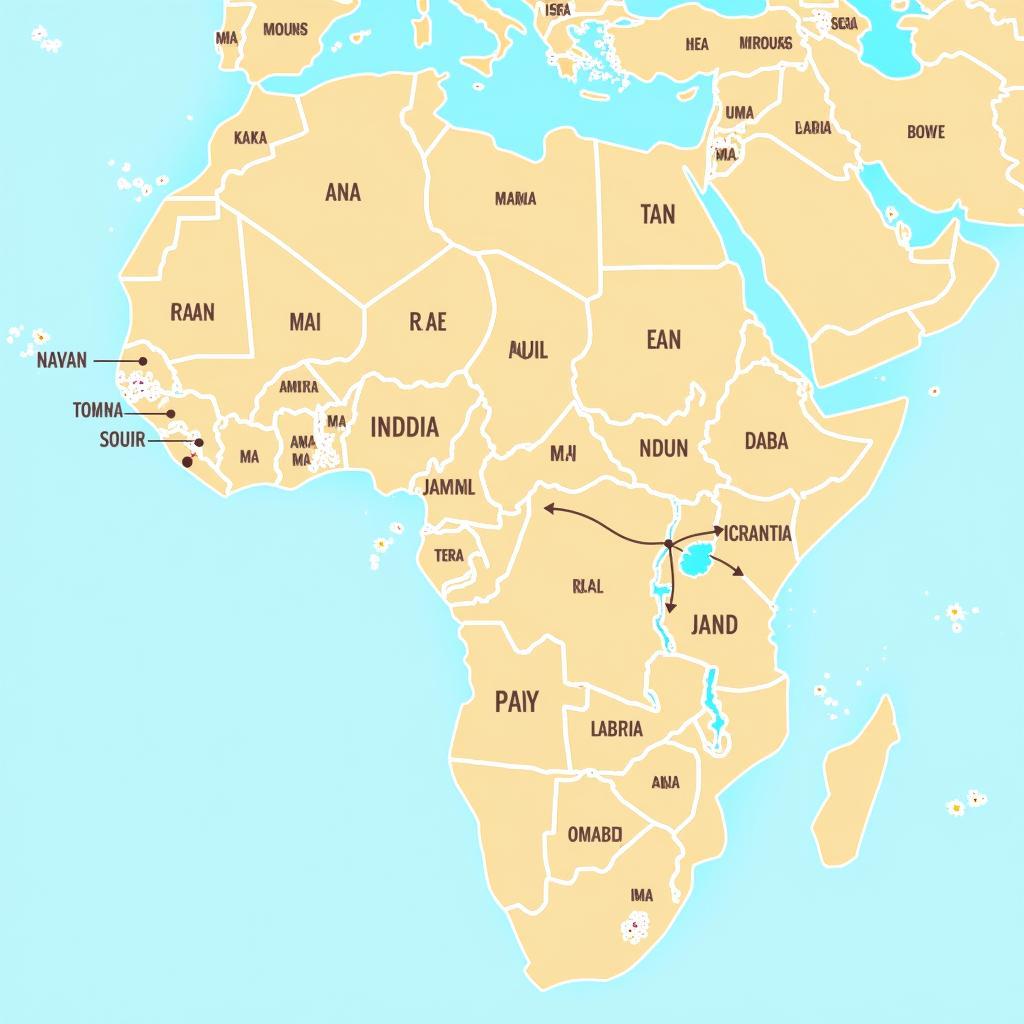African Grey Parrot Size: A Comprehensive Guide
African grey parrots are renowned for their intelligence, ability to mimic human speech, and vibrant personalities. But before bringing one of these remarkable creatures into your home, it’s essential to understand their size and the implications for your living space and lifestyle. This guide will delve into the nuances of African grey parrot size, covering everything from their growth stages to their wingspan and cage requirements.
Understanding the Size of an African Grey Parrot
How Big Do African Greys Get?
African grey parrots are considered medium-sized parrots. Their size varies depending on their subspecies:
- Congo African Grey: The Congo African grey is the largest subspecies, typically reaching 12-14 inches in length, with a wingspan of 22-26 inches.
- Timneh African Grey: The Timneh African grey is slightly smaller, typically measuring 10-12 inches in length, with a wingspan of 18-22 inches.
Growth Stages:
African greys grow rapidly during their first year of life, reaching about 80% of their adult size by the time they are six months old. However, they continue to grow at a slower pace until they reach maturity around 3-4 years old.
Body Weight:
The weight of an African grey parrot can range from 1.5 to 2.5 pounds, with females typically being slightly smaller and lighter than males.
The Impact of Size on Your Life
Cage Requirements:
The size of your African grey’s cage is crucial for its physical and mental well-being. A cage that is too small can lead to stress, frustration, and even health problems.
- Congo African Grey: A spacious cage measuring at least 36 inches wide, 24 inches deep, and 36 inches high is recommended.
- Timneh African Grey: While a slightly smaller cage can be considered, a cage of at least 30 inches wide, 20 inches deep, and 30 inches high is still necessary.
Living Space:
When considering bringing an African grey into your home, it is crucial to ensure that you have enough space for the bird to move around freely. They need plenty of room to spread their wings and play, especially when they are not in their cage.
Traveling with Your African Grey:
Due to their size and weight, traveling with an African grey can be challenging. You will need a suitable carrier for transport and potentially a special airline permit for international travel.
Finding the Right Size for You
Choosing a Subspecies:
If size is a major concern, you might consider the Timneh African grey as a slightly smaller option.
Understanding Your Lifestyle:
It’s essential to consider your lifestyle and living space when deciding whether an African grey parrot is a suitable pet. If you have limited space or travel frequently, a smaller species might be a better choice.
Consultation with an Expert:
Before making a final decision, it is advisable to consult with an experienced avian veterinarian or parrot breeder for guidance on choosing the right size and species for your specific circumstances.
FAQs
1. Are African greys suitable for small apartments?
While they can adapt to smaller living spaces, it is crucial to provide them with ample playtime outside of their cage and ensure adequate space for their activities.
2. Do African greys need to be kept in pairs?
While African greys can live happily as single pets, it’s essential to provide them with plenty of social interaction and enrichment.
3. What kind of toys do African grey parrots need?
African grey parrots require a variety of toys, including puzzles, chew toys, foraging toys, and interactive toys to keep them mentally stimulated.
4. How long do African grey parrots live?
With proper care, African grey parrots can live for 50-60 years, making them a long-term commitment.
5. Are African grey parrots expensive pets?
Yes, African grey parrots can be costly pets due to their initial purchase price, ongoing vet care, food, and enrichment needs.
Conclusion
Understanding the size of an African grey parrot is essential for providing a suitable home environment and ensuring their well-being. Their size demands careful consideration of your living space, lifestyle, and willingness to commit to their specific needs. However, for those who can meet their requirements, African greys offer a rewarding and enriching bond with their owners.


